Indigenous voice to parliament: Yes camp stumbles over its own missteps
Labelling every argument the No case relies on as ‘base racism’ or ‘just sheer stupidity’ is itself sheer stupidity, to borrow Marcia Langton’s turn of phrase.
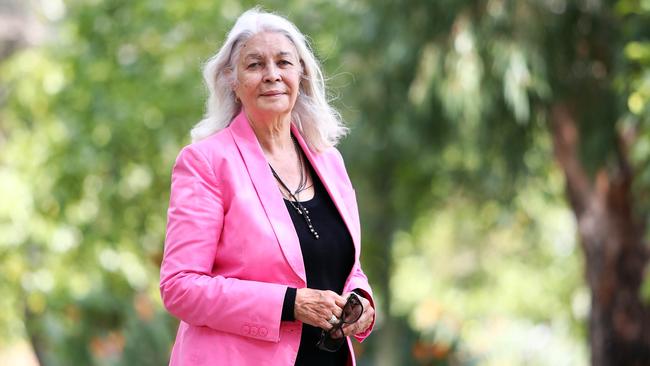
Insulting people rarely wins them over. Just ask Hillary Clinton, who labelled Donald Trump supporters deplorable in the countdown to her unsuccessful 2016 tilt at the US presidency.
Langton’s absolutism also stretches credibility. The No case is spearheaded by Warren Mundine and Jacinta Nampijinpa Price, hardly the personification of entrenched racism. While I don’t doubt that every racist will vote No, not everyone who votes No is a racist. It’s an important distinction seemingly lost on Langton, who in July surmised that one in five Australians was “spewing racism”. Her comments may serve as a window into how an advisory voice will work in practice – depending on who serves on it – if such posturing is rewarded with a Yes victory.
A recent RedBridge poll asked what the most compelling reasons were to vote No. The top three were: “It divides us”, “There are no details” and “It won’t help Indigenous Australians”. It is hard to find racist undertones in any of those responses, and it’s not sheer stupidity to be concerned about constitutionally enshrining racial divisions or a lack of detail about what is being voted on.
During the week Noel Pearson sought to address concerns, including within the Indigenous community, about the lack of detail attached to the design of the voice. He said: “I would just urge our people to not put the cart in front of the horse. There will be ample opportunity to get the design right after the referendum.” Getting the design right only after voting for something is the definition of putting the cart before the horse, isn’t it? No wonder the lack of details available is one of the key reasons so many polled Australians are planning to vote No.
Given the amount of money, manpower and elite support the voice has at its disposal it is extraordinary how quickly support for the proposal has faded away. A Resolve poll this week revealed that in 12 months support has collapsed from 63 per cent to just 43 per cent.
The 1967 referendum was a roaring success (with a 90.77 per cent Yes vote) because it equalised rights within the Constitution. The top response in the RedBridge questionnaire claiming the voice will divide Australians highlights concerns that this referendum seeks to do the opposite. Dismissing such sentiments as racist or stupid misses the point.
So does attempting to shame Australians into voting Yes. Anthony Albanese has warned the world is watching and the result will “affect international perceptions of Australia”. The same could be said about offshore asylum-seeker processing, boat turnbacks or the government’s unwillingness to lobby for the return of Julian Assange. Why aren’t we concerned about international perceptions on those issues? Raising the spectre of global condemnation if Australians vote No is just an attempt at selective moral arm twisting.
If a voice is vital for overcoming disadvantages Indigenous Australians face, why won’t the government legislate it if the referendum to enshrine one in the Constitution fails? The Prime Minister has rejected Peter Dutton’s offer of bipartisan support to do that. It reminds me of Kevin Rudd’s claim climate change was “the greatest moral challenge of our time”, but it wasn’t important enough to pursue at a double-dissolution election when Rudd couldn’t pass his legislation.
Bill Shorten argued within Labor that the referendum should enshrine constitutional recognition of Indigenous Australians (which would have succeeded in a canter) but the voice should be legislated first, with the possibility of constitutional reform down the track once people got used to a voice operating in practice, thereby demystifying it. It was a cautious approach that was rejected.
Albanese wanted a constitutionally enshrined voice because that’s what the Indigenous community that participated in the Uluru statement called for. He didn’t want to fall short of their expectations. Like it or not, however, in a democracy under our constitutional arrangements the changes called for in the Uluru statement require the backing of a majority of Australians and a majority of states.
There are parallels to the Yes campaign for same-sex marriage. Malcolm Turnbull could have legislated same-sex marriage without a plebiscite, as the LGBTI community was calling for at the time. A plebiscite wasn’t constitutionally necessary then, any more than constitutional reform is necessary now to legislate an Indigenous voice. The LGBTI community railed against the postal vote proposal, just as the Indigenous community would have been frustrated by constitutional recognition and a legislated (rather than enshrined) voice to go with it.
However, once the marriage equality campaign started the LGBTI community got behind it, just as the Indigenous community would have with the voice had Albanese moderated his ambitions. By not showing such nuance he may well set back the cause of reconciliation. Attempts in the aftermath of defeat to paint that as the fault of the No camp shouldn’t fool anyone. Although it may well fool some in the media who can’t see past their own biases on this issue.
Arguments for change are always difficult, even more so when constitutional reform is sought. It is the job of advocates for change to make their case cogently, not whinge that opponents are stifling their efforts to do so. So far the Yes camp has argued its case poorly and it looks set to lose.
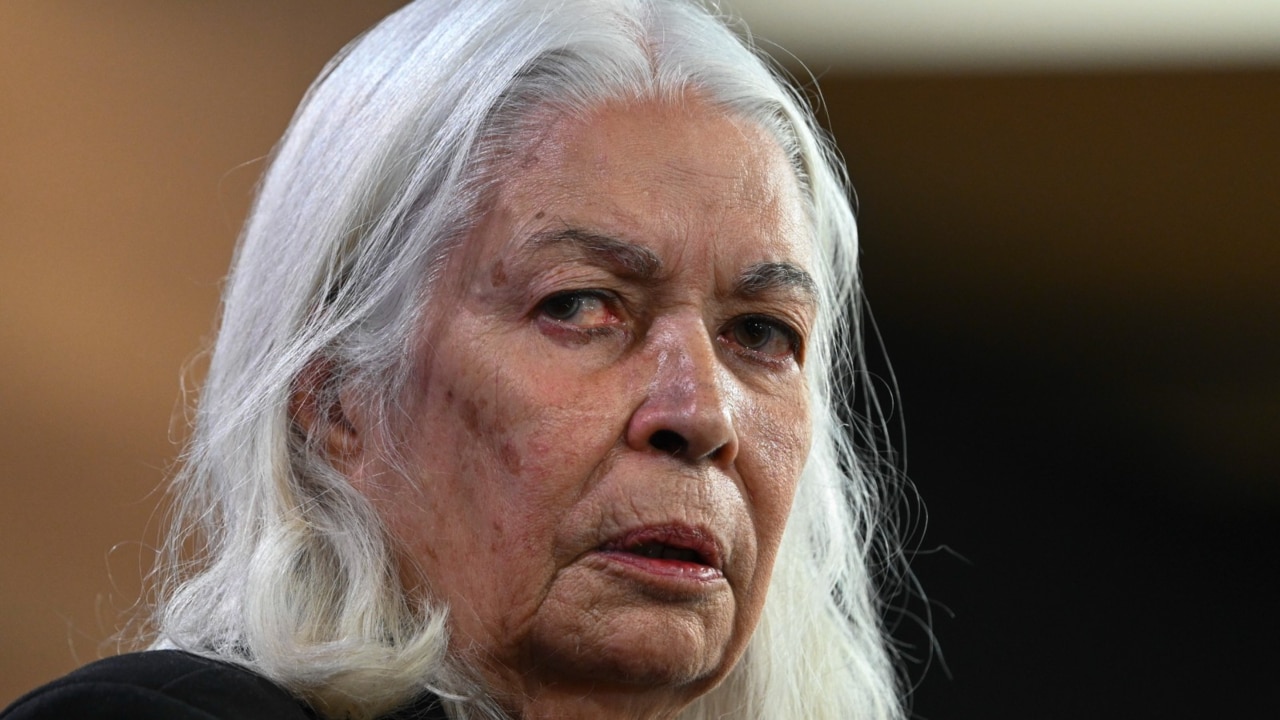
But maybe that won’t happen. Ex-politicians finding their voices in retirement may save the voice. Perhaps Julie Bishop walking down the main CBD street of Perth with Penny Wong to campaign for a Yes vote will help win over the mainstream. Alongside the moral posturing of big corporations and their chief executives, the self-appointed arbiters of what’s right and pure. Or Turnbull, having shifted from strident opposition to an enshrined voice when the issue was debated inside his own cabinet just a few short years ago to strident support now – perhaps that will do the trick. Hitting the campaign hustings with former Qantas chief Alan Joyce could be the next strategic move from the Yes campaign brains trust.
Maybe John Farnham lending his hit song will garner last -minute support. As long as enough people aren’t reminded that the chorus “you’re the voice, try and understand it” represents one of the biggest barriers to most Australians voting Yes.
Peter van Onselen is a professor of politics and public policy at the University of Western Australia and Griffith University.


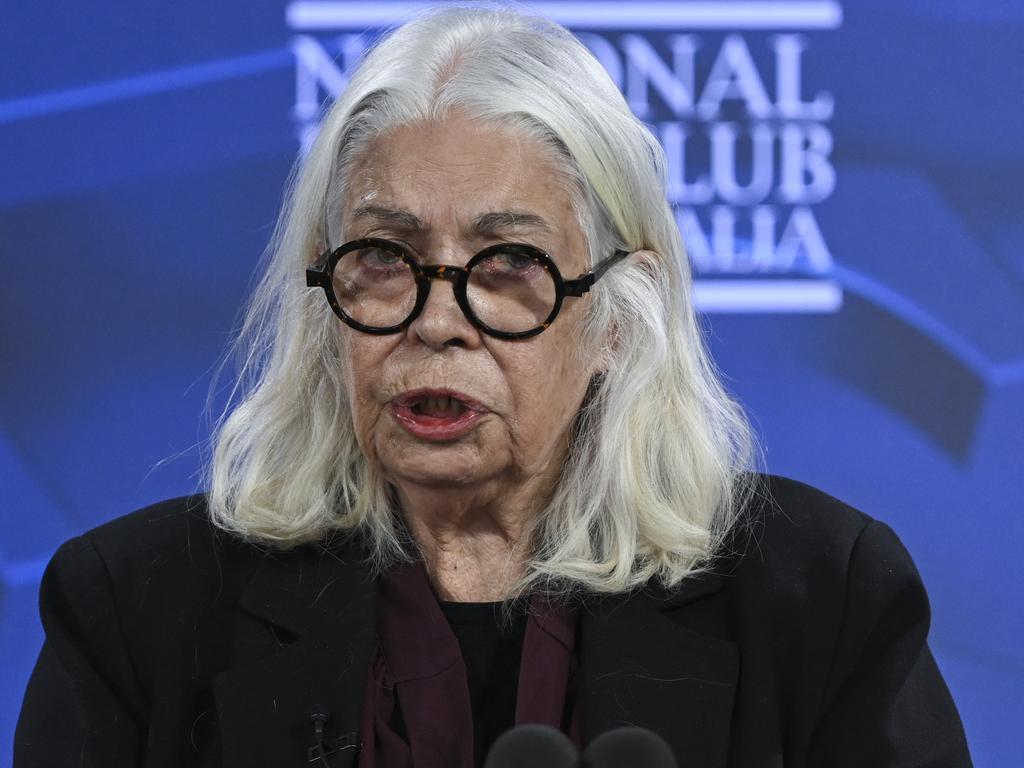

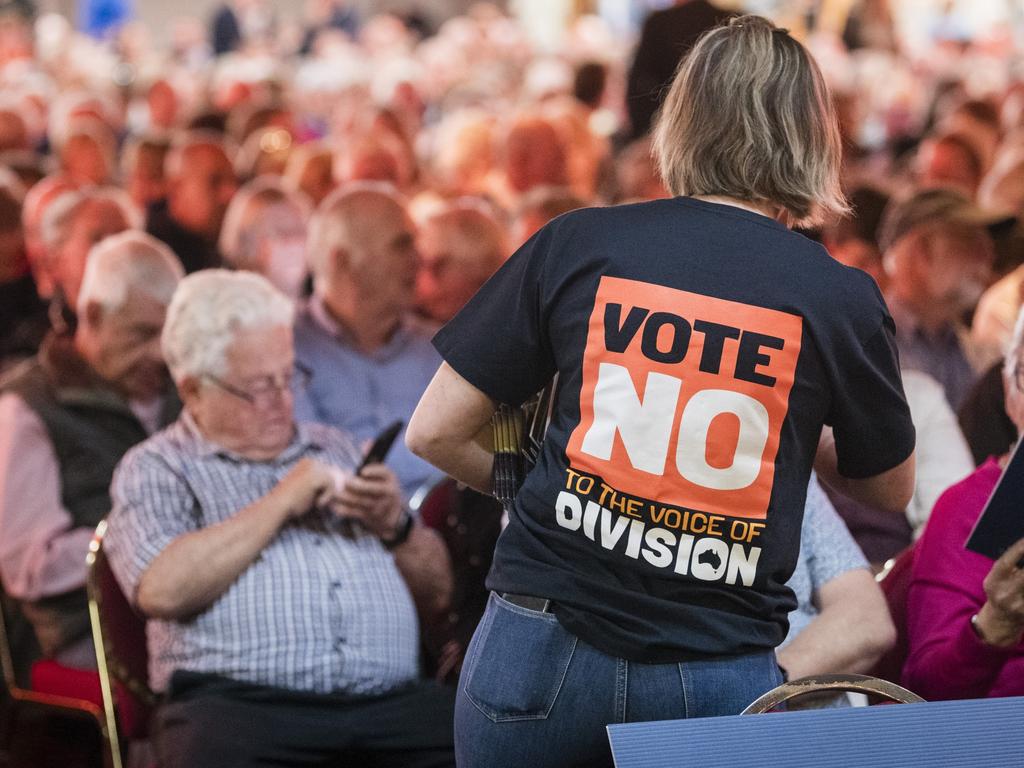
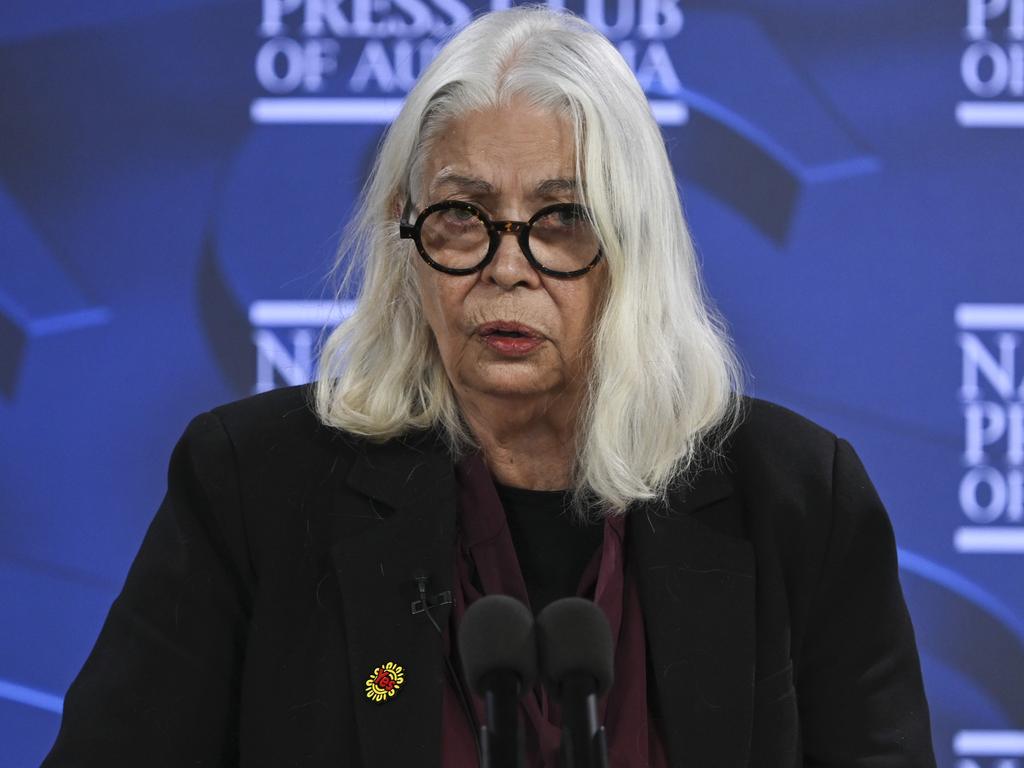


Marcia Langton offering unfiltered opinions is the last thing the Yes campaign for an Indigenous voice to parliament needs right now, not when the name of the game is winning back support. Perhaps she doesn’t care whether the referendum succeeds or fails. If she does, labelling every argument the No case relies on as “base racism” or “just sheer stupidity” is itself sheer stupidity, to borrow Langton’s turn of phrase.